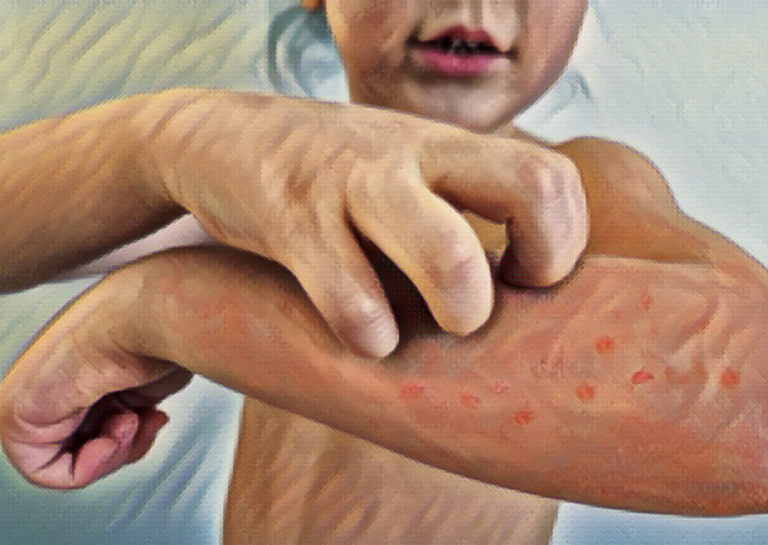Overview
Chickenpox is a viral illness that primarily affects children, although it can occur at any age. The virus is highly contagious and spreads easily from person to person through the air or by direct contact with an infected person’s fluids, such as mucus, saliva, or blister fluid. Chickenpox is usually a mild illness in children, but it can lead to serious complications, particularly in infants, pregnant women, and people with weakened immune systems.
Symptoms
The symptoms of chickenpox usually develop 10 to 21 days after exposure to the virus. The most characteristic symptom is a rash that begins as small, red, itchy bumps that develop into blisters and then scab over. The rash typically starts on the face and spreads to the rest of the body, including the scalp, torso, arms, and legs.
Other common symptoms of chickenpox include:
- Fever
- Fatigue
- Headache
- Loss of appetite
- Body aches
- Sore throat
- Nausea
- Abdominal pain
Causes
Chickenpox is caused by the varicella-zoster virus. The virus is highly contagious and spreads easily from person to person through the air or by direct contact with an infected person’s fluids, such as mucus, saliva, or blister fluid. Chickenpox is most commonly spread when a person with the virus coughs or sneezes, sending droplets into the air that can be inhaled by others.
Treatment
There is no cure for chickenpox, but treatment is usually focused on relieving symptoms and preventing complications. Over-the-counter pain relievers, such as acetaminophen or ibuprofen, can be used to relieve fever, headache, and body aches. Calamine lotion or oatmeal baths can help relieve itching, and antiviral drugs, such as acyclovir, can be prescribed to reduce the severity and duration of symptoms.
In severe cases, hospitalization may be necessary to provide supportive care and prevent complications. Children with weakened immune systems or who are at high risk for complications, such as infants or pregnant women, should be monitored closely for signs of infection.
Prevention
The best way to prevent chickenpox is to get vaccinated. The chickenpox vaccine is highly effective at preventing the disease and is recommended for all children and adults who have not had chickenpox or have not been vaccinated. The vaccine is usually given as two doses, with the second dose given 4 to 8 weeks after the first.
Good hygiene, such as frequent hand-washing and avoiding close contact with infected individuals, can also help prevent the spread of chickenpox. If you or your child has chickenpox, it is important to stay home from school or work and avoid close contact with others to prevent the spread of the virus.
Citations
- Centers for Disease Control and Prevention (CDC). (2021). Chickenpox (Varicella). https://www.cdc.gov/chickenpox/index.html
